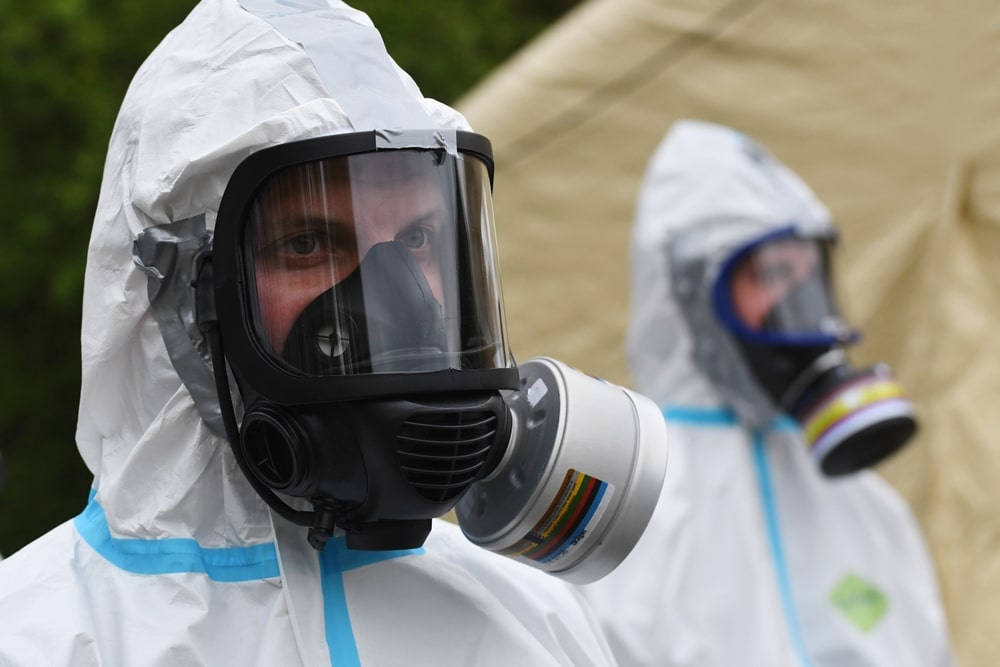A year after doctors diagnosed a Texas man with leprosy, a nearly-extinct tropical disease, he reveals that he’s still on antibiotics and had to undergo extreme physical therapy to recover.
Leprosy is still prevalent in 120 countries, according to the CDC, but less than 100,000 individuals are diagnosed world-wide every year. While this biblical disease once terrified the masses, doctors say it’s no longer a death sentence.
In the case of one man, whose name hasn’t been released due to HIPAA compliance laws, his brush with leprosy left him requiring surgery to repair his tendons and extreme physical therapy to help return movement to his hand – and is still on antibiotics a year later.
According to the medical report made by the Jama Network, the man was heavily tattooed and immigrated from Samoa, where the disease is a little more common. It spreads through prolonged skin-to-skin contact or contamination while tattooing.
The CDC says it is also spread through droplets from the nose and mouth, but prolonged, months-long contact with someone who has the disease is necessary to contract it. Patients stop being contagious after they start treatment.
The Texas man apparently had the disease for four years, but symptoms can take a long time to develop. Initial tests confused doctors as they didn’t show anything – but the man had multiple rashes on his body and face, and his hand had stiffened into a claw-like shape by the time he sought medical help.
Finally, they sent skin samples to a specialized laboratory that was able to confirm the presence of Mycobacterium leprae – the leprosy bacteria. It is otherwise known as Hansen’s disease in the modern medical world.
Dr Aidan Filley, of Texas A&M University, said: “Early diagnosis and treatment are important to decrease disability and adverse psychosocial effects of leprosy and to reduce the risk of transmission.” It remains unreported whether the man infected anyone, such as close friends or relatives – but transmission rates are now much lower than they used to be.

















